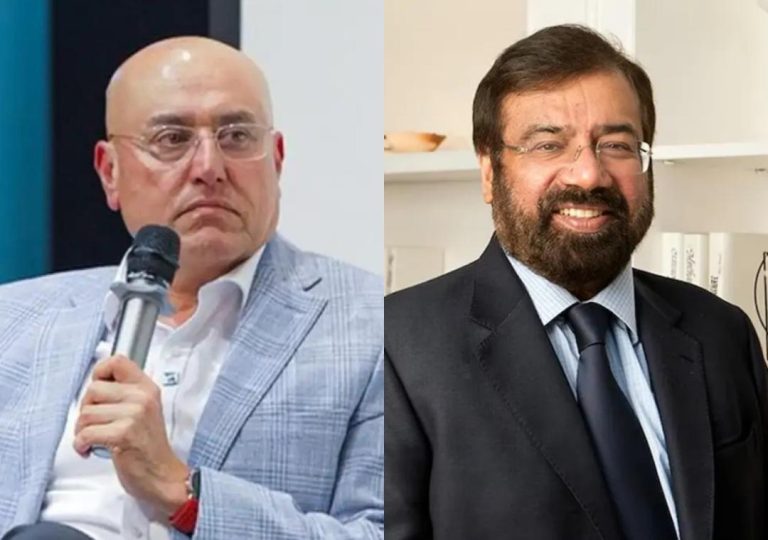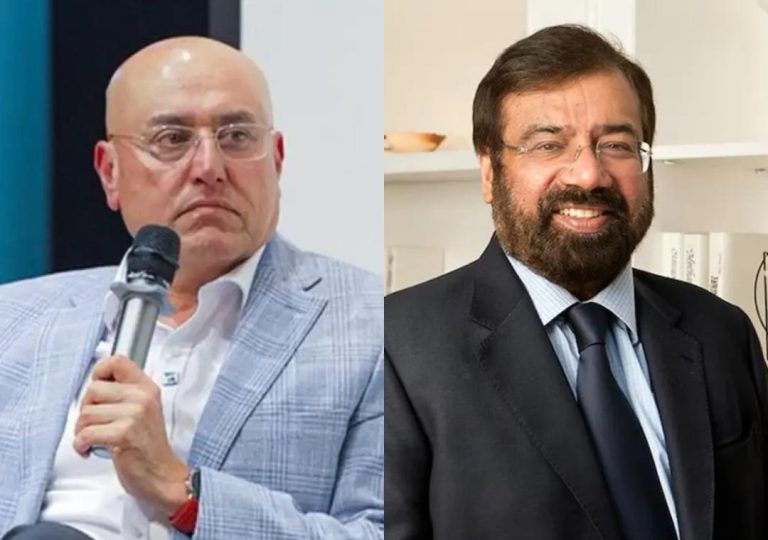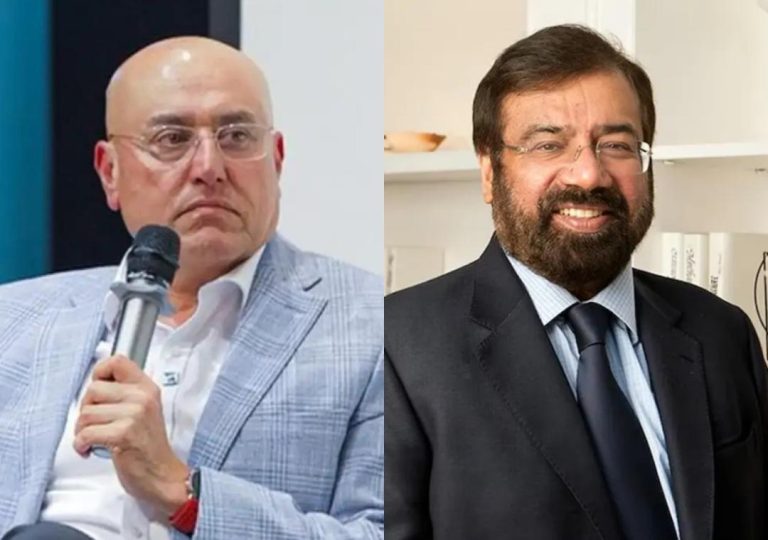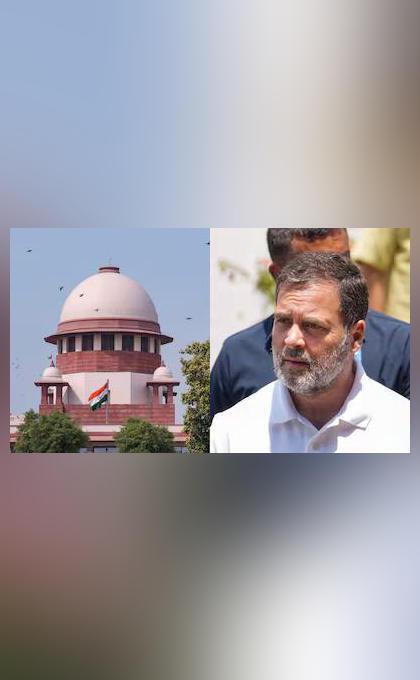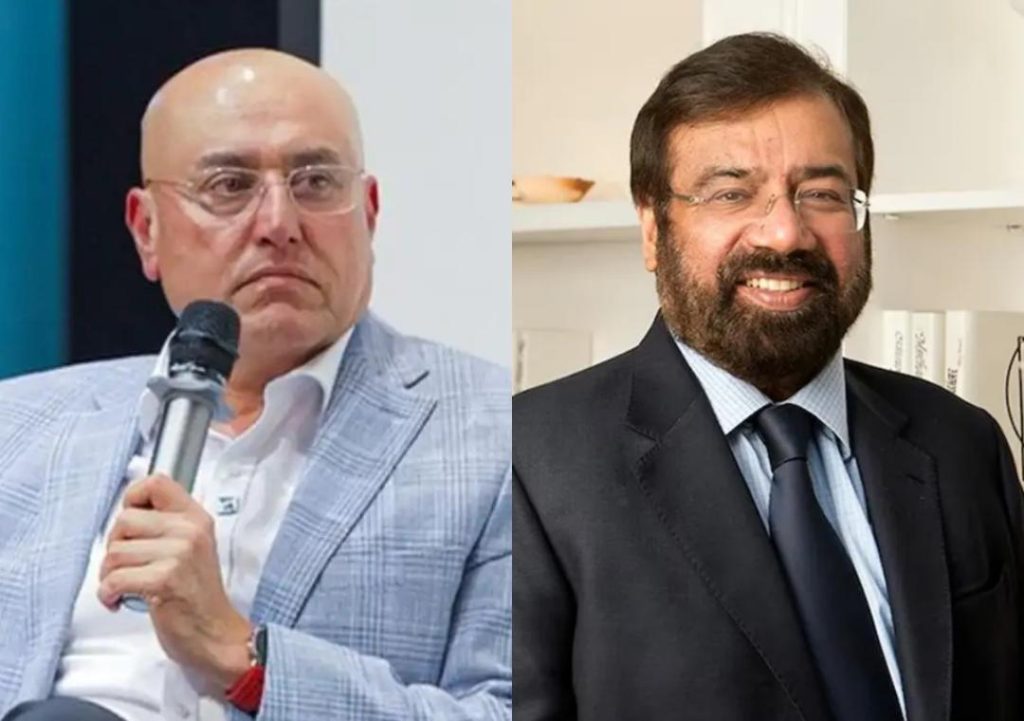
Hotmail Co-founder says ‘truth=anti-India’, Goenka replies ‘Living in US & lecturing us?’
In a recent Twitter exchange, a heated debate erupted between two Indian entrepreneurs, Sabeer Bhatia, co-founder of Hotmail, and Harsh Goenka, billionaire business tycoon. The controversy revolved around Bhatia’s statement that those who speak the truth in India are often labeled as “anti-national”. Goenka, in response, slammed Bhatia for lecturing Indians from his perch in California.
Bhatia’s initial tweet sparked the debate, saying, “In India, truth = anti-India. Then who’s a national? The one who lies to you?” This statement prompted a strong reaction from Goenka, who took to Twitter to express his discontent.
Goenka responded by saying, “Living in California and lecturing a billion Indians back home?…India doesn’t need sermons from those who packed up and left.” His tweet was met with widespread approval and criticism of Bhatia’s statement.
The debate has raised several important questions about the role of truth and free speech in India. Bhatia’s statement has been interpreted by many as a commentary on the increasing trend of labeling people as “anti-national” for speaking out against government policies or criticizing the ruling party. This phenomenon has been observed in various parts of the world, including India, where freedom of speech is often curtailed under the guise of national security or protecting the country’s sovereignty.
However, Goenka’s response has also been criticized by some who feel that he was overly harsh and dismissive of Bhatia’s point. They argue that Goenka’s jibe about Bhatia’s location in California is irrelevant to the issue at hand and that he should have addressed the substance of Bhatia’s statement rather than resorting to personal attacks.
Bhatia’s statement, while provocative, has also been seen as a reflection of the growing concern among many Indians about the state of free speech in the country. The Indian government has been accused of suppressing dissenting voices and cracking down on opposition parties and activists who speak out against government policies.
In recent years, there have been several instances of people being arrested or charged under various laws, including sedition and treason, for speaking out against the government or criticizing its policies. This has led to a chilling effect on free speech in India, with many individuals and groups self-censoring their views to avoid being targeted by the authorities.
Goenka’s response, while not addressing the substance of Bhatia’s statement, has highlighted the issue of double standards in India. Many Indians have pointed out that while Goenka is quick to criticize Bhatia for speaking out against the government from his perch in California, he himself has never spoken out against the government or its policies, even when he has had the opportunity to do so.
This criticism has led some to question Goenka’s commitment to free speech and his willingness to stand up for what is right, even if it means going against the government. Others have argued that Goenka’s response was a classic example of the “not in my backyard” syndrome, where individuals who have benefited from the freedom and prosperity of the United States are quick to criticize those who are fighting for similar freedoms in their own country.
In conclusion, the debate between Bhatia and Goenka has highlighted the complex and often contentious issue of free speech in India. While Bhatia’s statement was provocative and may have been intended to stir up controversy, Goenka’s response was overly harsh and dismissive, and failed to address the substance of the issue.
Ultimately, the debate has shown that the issue of free speech in India is not just about individuals speaking out against the government, but also about the government’s willingness to listen to and engage with those voices. It is only by creating a culture of constructive dialogue and debate that India can truly become a beacon of democracy and freedom in the world.
